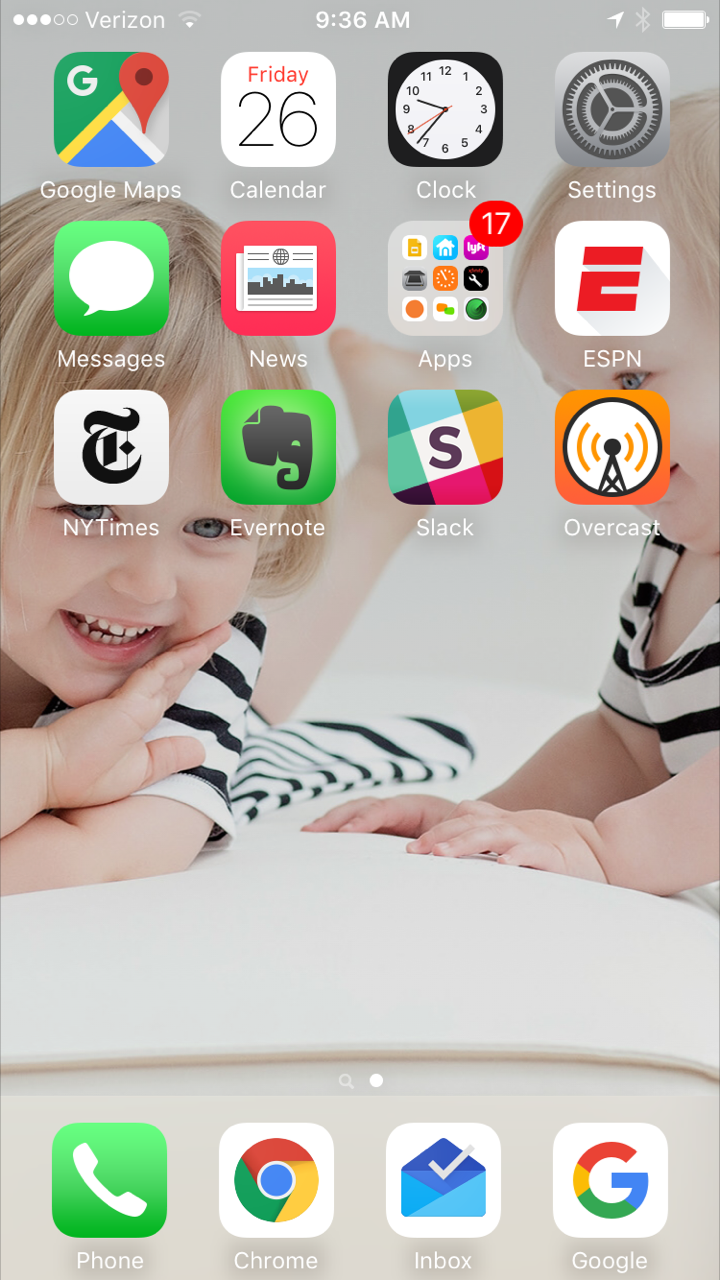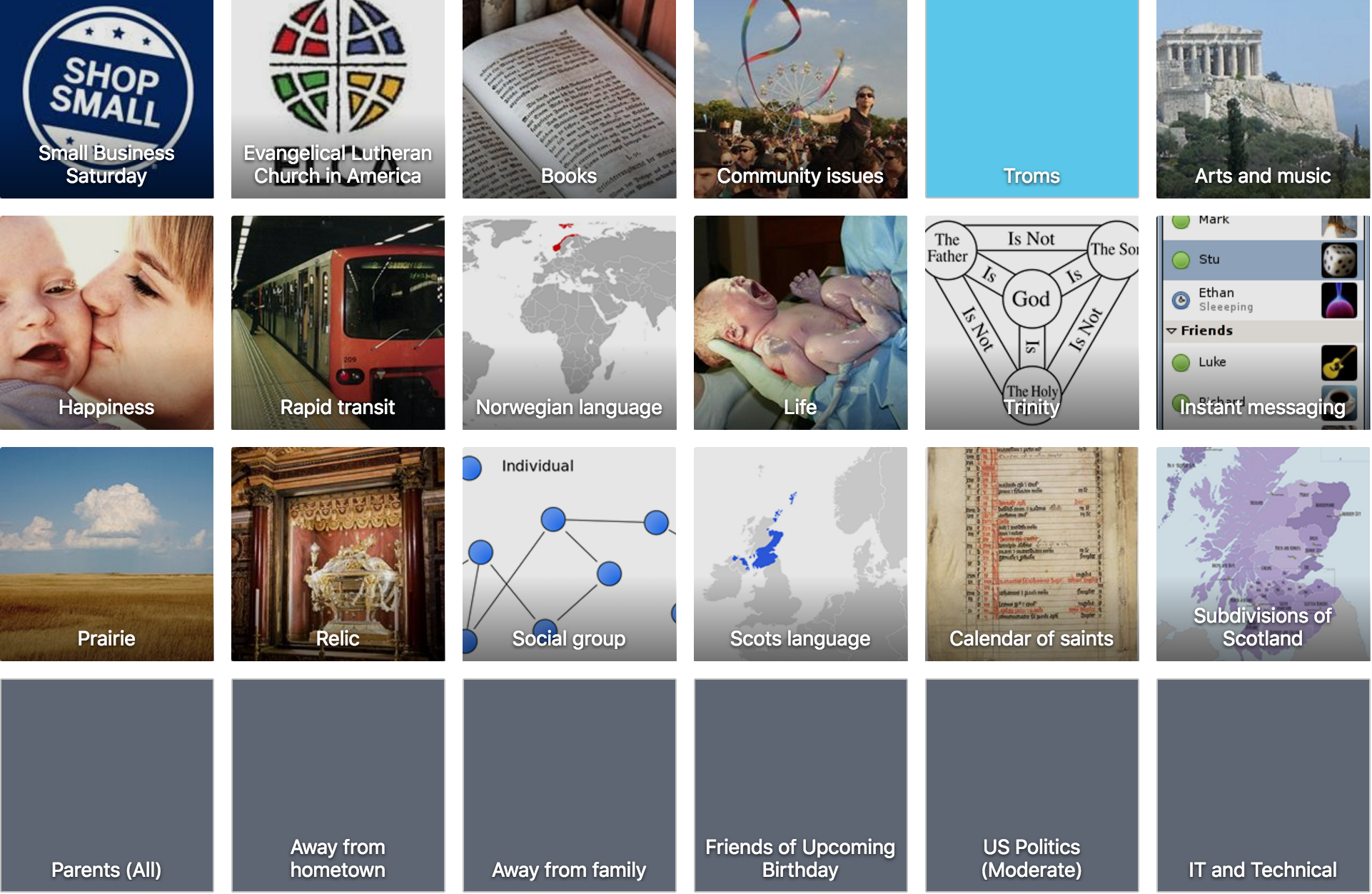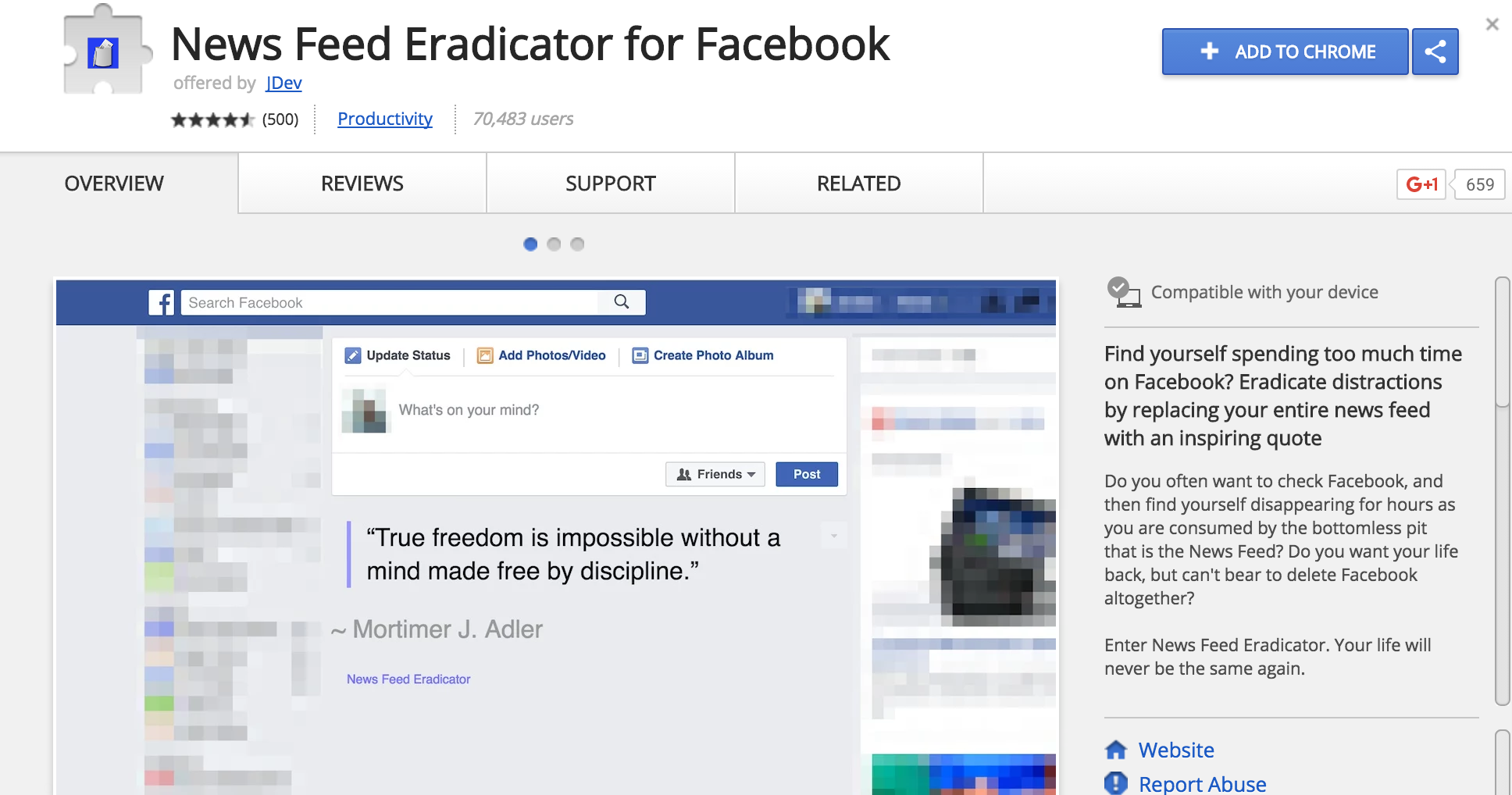Save Democracy — Create a Mindful Echo Chamber
We live in echo chambers, and it’s killing our republic.
As websites increasingly track and customize what we see based on our interests, we are rarely exposed to new and challenging ideas . . . unless we mindfully curate our educational cuisine.
There are three ways to build a mindful echo chamber — and myriad ways why it’s important to do so.
Want to listen to this blog post?
We’re trying something new with our podcast, Digital Homesteading, by sharing select ideas on the podcast. Listen here or on your favorite podcast player by searching “Digital Homesteading.”
Conscious Echo Chambers
We live in a digital bubble. Social media sites, like Facebook and Twitter, show us content based on our behavior.
If you click a story about Trump, you will see more stories about Trump. If you click a story about the subdivisions of Scotland (see below), you will forever be marked as interested in that topic.
This phenomenon is not new. Throughout recent history, we have self-selected our echo chambers to some point. We have purchased newspapers, books, and magazines on topics we wanted to read about, often written from points of view that matched our own.
Although this practice created small communities of likeminded people, there were usually stories or articles that at least challenged our thinking or exposed us to new ideas. At the very least, the act of entering an echo chamber was a conscious decision. We knew when purchasing a publication that we were making a choice on what to consume.
Today, that mentality has changed. We are now in an echo chamber — and may not even know it.
Unconscious Echo Chambers
The concern of echo chambers has grown with the Internet. In fact, all the way back in 2001, Cass Sunstein explored increased fragmentation in media consumption as it related to the Clinton impeachment and the Bush v. Gore Supreme Court case. Speaking about the Internet, she noted:
But for all its [the Internet’s] virtues, the emerging system has vices as well. Many of these vices involve the risk of fragmentation, as the increased power of individual choice allows people to sort themselves into innumerable homogeneous groups, which often results in amplifying their preexisting views.
What has changed since 2001 is that we no longer choose to sort ourselves. We are sorted whether we know it or not.
This fact became painfully obvious recently when Facebook was accused of manipulating its news feed to suppress conservative news stories. While Facebook denied claims of widespread manipulation, The Washington Times reported that it did admit employees “played a bigger role than previously acknowledged in determining what news is highlighted in the trending topics section.”
The real question from this incident is: why was this a surprise?
Facebook (and other social networks and news aggregators) make no claim to be representative or balanced. In fact, it’s the opposite. They purposefully show information that will keep users engaged. The longer we click around on their sites, the more they can charge for ads, and the more money they can make.
In fact, as The New York Times Magazine reported:
The news feed is designed, in Facebook’s public messaging, to “show people the stories most relevant to them” and ranks stories “so that what’s most important to each person shows up highest in their news feeds.”
Curious how you are labeled by Facebook? I was too. What echo chamber have I been pushed into based on my mouse clicks?
Fortunately, you can find out. Just follow these steps:
- Go to facebook.com/ads/preferences on your browser. (You may have to log in to Facebook first.)
- Click any of the Interests headers to learn more. If you are curious about your political label, click the Lifestyle and Culture tab.
- Look for a box titled US Politics. In parentheses, it will describe how Facebook has categorized you, such as liberal, moderate, or conservative. (If the US Politics box does not show up, click the See more button under the grid of boxes.)
I checked out my profile, and apparently I am moderate. More importantly, however, I am interested in the subdivisions of Scotland. (I think all my Facebook friends would agree that if there is one thing I love talking about, it’s Scottish geography.)
The Dangers of Echo Chambers
While mostly humorous, this simple exercise points out a scary fact: we are exposed to ideas based on who we appear to be, even if it is not true.
Life in an echo chamber limits collaboration and new ideas. It reinforces bias and too often leads to a black hole of clicks and shares with likeminded people. What’s more, it may also be bad for our democracy. As Sunstein argued:
It is important to realize that a well-functioning democracy — a republic — depends not just on freedom from censorship, but also on a set of common experiences and on unsought, unanticipated, and even unwanted exposures to diverse topics, people, and ideas. A system of “gated communities” is as unhealthy for cyberspace as it is for the real world.
If we want exposure to a variety of ideas and influences, it will not be provided for us. We need to create it ourselves.
Fortunately, we can.
Three Ways to Build a Mindful Echo Chamber
1. Download the News Feed Eradicator
Last week I published an A-Z Tool Kit for Entrepreneurs. I based this idea on a similar post by Ben Noble.
One of Ben’s tools is perfect to help you create a mindful echo chamber: the News Feed Eradicator.
The news feed on Facebook is designed to suck you in, and typically it sucks you into stories that will further suck you in. You could always take a social media detox, but for those of us who use social media for business or just want to keep in touch with Mom and friends, the News Feed Eradicator is the solution.
The Eradicator forces a mindful use of Facebook. You can still read anything and communicate with everyone you normally would on Facebook, but you have to be purposefully looking for it.
Instead of clicking on a random news story or photo, you have to use the search bar to find the story. If you want to talk to someone, you can’t just click the first face that shows up on your news feed; you have to search their name to see what they are sharing or to message them.
Avoiding the news feed will probably save you time. It will definitely force you to mindfully choose what and who you want to connect with on Facebook based on your choice, not an algorithm.
2. Move Your Apps into One Folder
Studies have shown that young people use their phones for up to five hours a day — which is one-third of their waking hours.
Every time you open your phone, you are beckoned to open and engage with apps and alerts on your phone. These apps created with neuroscience in mind, knowing that if you see an alert, you will get a shot of dopamine and open the app. Sadly, we are the rats in the Skinner box.
Instead of mindlessly opening an app and entering the echo chamber, minimize your exposure to the apps.
Shut off notifications, and put all your apps in one folder so that you don’t see them. You then have to use the search bar to find an app.
Again, just like the News Feed Eradicator, you are now choosing what to use instead of being sucked in. Manoush Zomorodi originally challenged people to do this, and Ben Noble made his own adaptation.
Here’s my home screen:

I know, I need to cut down on the sports and news stores — but I’m getting there.
3. Curate Your News
Create your own diverse news outlet with sources from different viewpoints and industries. Social networks and even publications like The New York Times will edit what you see based on interest and popularity.
By creating your own feed, you enjoy two important benefits.
First, you are exposed to stories from the sources you choose. This could reinforce an echo chamber, but if you are mindful to add sources from different political viewpoints and industries, you will have a balanced diet of media consumption.
Not only is a balanced diet is good for democracy, it also helps you become a polymath who can attack problems from different viewpoints.
Second, there is a bottom to the news. If you are like me, it is easy to start reading the news and mindlessly continue to read instead of facing the resistance. With a curated news feed, you can finish the stories from the sources you care about and be done.
I use Feedly for my curation. It helps me sort sources by topic, industry, and interest. If I want a distraction, I can dip my toe in the sports or news categories. If I want to expand my mind, my science feed is there. If I’m trying to learn more about inbound marketing, I know where to go.
Update your lists occasionally to keep things fresh. Again, don’t be afraid to hide your news in the one folder, so it’s not a magnet of procrastination.
Revolt Against Echo Chambers
The strength and proclivity of echo chambers will only grow as our apps and online activity are increasingly connected.
Right now, only the largest apps and social networks curate what you see. This technology, however, will continue to spread to more websites and apps.
Work hard to exit your bubble and find ideas that are challenging and new. Your work will improve, your time will be well spent, your community will be strengthened, and your republic might just be better off because of it.
Focus on What Matters
Every week, we send a roundup of articles that help you focus on what matters for your business and community. Subscribe and join us!



